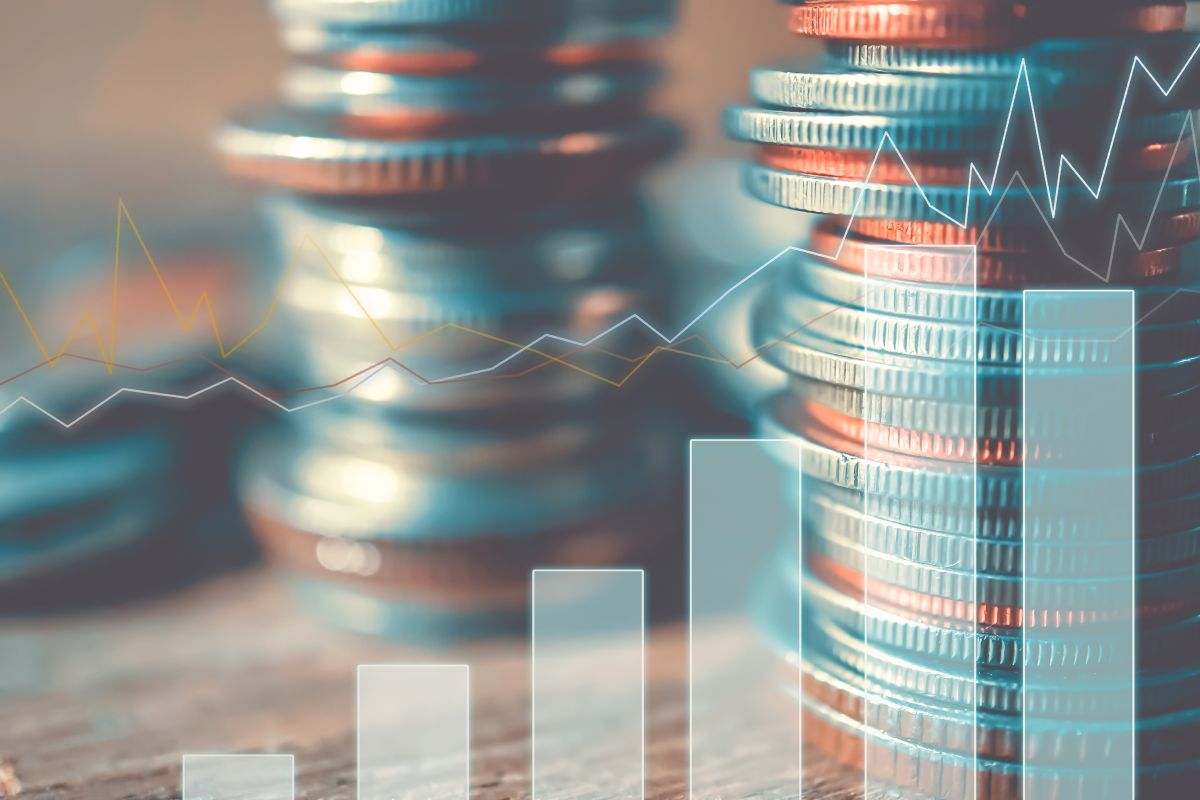Josh Bivens, research director at the Economic Policy Institute (EPI), points out that the peak inflation of 2021 and 2021 has presented real challenges to which politicians should respond.
The specialist points out that the price of almost everything in the US economy can be divided into the three main cost components , which include: labor costs, non-labor inputs, and the profit “margin” on the first two components.
Bivens says there is revealing data on these separate cost components for the sector non-financial corporations (NFC), which are those companies that produce goods and services and that represent approximately 75% of the entire private sector.
From the lowest point of the recession caused by the Covid-19 in the second quarter of 2020, the general prices and n the NFC sector have increased at an annualized rate of 6.1%, a sharp acceleration from the 1.8% price growth that characterized the pre-pandemic business cycle of 2007–2019.
The director of EPI research assures that more than half of this increase, the 53.9% to be more precise, can be attributed to wider profit margins, while labor costs contribute less than 8% of this increase.
The economist points out that these numbers are not normal, since from 1979 to 2019, earnings only contributed about 11 % to the growth of the prices and labor costs in more than 60%.
What does the abnormally high contribution of profits to price growth mean for how the authorities should respond to the recent burst of inflation? inflation?
Bivens explains that the excessive power of corporations has been channeled into raising prices instead of the more traditional form it has taken in recent decades: suppressing wages.
For the EPI economist, an effective way to prevent corporate power from being channeled towards higher prices in the coming year would be a temporary tax on excess profits.
“The evidence of the last 40 years strongly suggests that profit margins should be squeezed and that the proportion of corporate sector revenue that goes to workers’ compensation (or labor’s share of income) should rise as unemployment declines and the economy heats up,” Bivens wrote on the EPI blog.
“The fact that the exact opposite pattern has occurred so far in the recovery should raise a lot of questions and inflation expectations based simply on claims of macroeconomic overheating”, assures the analyst.
You may also be interested in:
– Inflation in the world is going to last for two more years, says IMF
– Unstoppable inflation: year-on-year rate reaches 8.5% in the US in March and fuels rise 48% by anus
